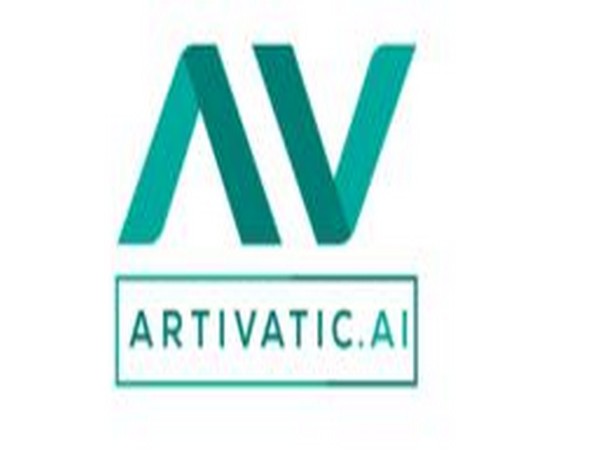In yet another innovation to revolutionise the life and medical insurance space, insurance technology startup Artivatic.AI has launched ‘AUSIS’, a smart underwriting platform for better risk and fraud analysis. AUSIS is a smart, AI-based underwriting platform with personalized pricing, risk, and decisions too. It helps to process and digitise medical records, KYC, and application forms to verify, and build personalised profiles in combination with historical data and business rules of the product. This platform enables in-depth individual health-risk analysis and suggests the underwriting decision in less than 60 seconds.
‘Underwriting’ generally means the process through which an individual or institution takes on financial risk for a fee. AUSIS makes this process smarter for insurance companies through AI as it checks a customer’s eligibility based on his/her financials, locations, risk, company, past data, people, fraud, government data.
“AUSIS is basically an AI-based underwriting platform, a decision-making system that helps insurance companies in profiling a customer, understanding the risk associated with him/her and decide whether a person is eligible for particular health or life insurance policy. It develops a profile of risk and evaluates whether a particular individual will be able to pay a premium. It also checks and ensures whether a customer has any kind of risk, or fraud associated with him to help insurance companies avoid any kind of loss. The AI-driven data analysis by this product checks the validity and proof of age, gender and other parameters given by a customer while buying a policy,” says Mr Layak Singh, Co-Founder of Bengaluru based insurtech startup Artivatic.
A major issue that insurance companies are facing is that sometimes customers make fraudulent claims within just 2 years, which causes huge losses for them. The smart and intelligent analysis by AUSIS can help insurance companies keep in check such frauds.
The AI-based smart underwriting system is enabling underwriting transformation for insurance. The system can either connect to the existing legacy system of insurance companies to enhance and make it intelligent or allow to have end-to-end new age underwriting system. It enables STP (Straight-through processing) and NSTP (Non-Straight through processing) processes to become simple, seamless, efficient, data-driven, customer-centric, faster, and automated.
Overall, the system works in the insurance space to provide life and health policy in a better and faster way. It leverages disruptive technology like AI, analytics, and alternate risk engines, connected through well-developed APIs. The platform will have the ability to capture real-time customer data, perform facial analysis, automating risk assessment and providing propensity to claims. It also enables to connect and integrate the existing or third-party apps as an end-to-end process.
Medical or health insurance has seen a big change recently in the wake of COVID-19 pandemic and the advent of technology has changed the market. Before pandemic, health insurance had only 6-10% penetration, but now people are coming for their protection, their family’s protection, business protection and for that reason, the growth has been changed in the industry. Currently, the penetration for health insurance has increased to 20% in India.
“Most people are not visiting banks or finance companies now for buying life and health insurance. The paperwork or legacy system has been replaced by digitisation of insurance companies, so the insurance agents also need to upskill themselves to understand the use of AI, data, Machine Learning in the processing of risk. It will help insurance companies to develop better risk, better profiling, and better way of delivery of a product or policy. AUSIS platform is a futuristic effort in this direction. A lot of innovation has happened in insurance industry and a lot more will take place in the next 3-5 years,” adds Mr Singh.




